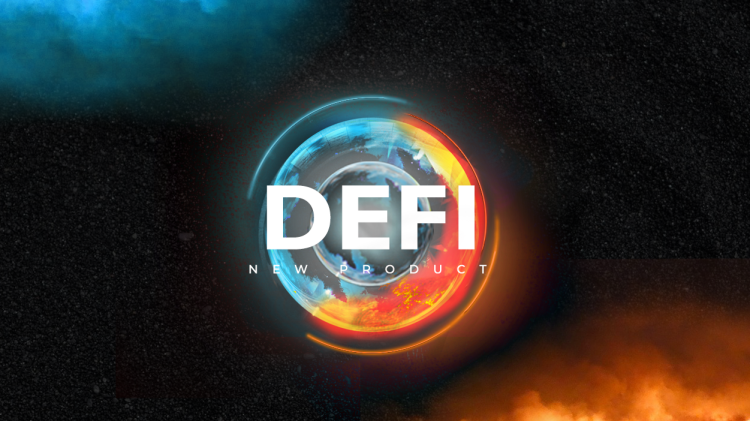Introduction
Decentralization is one of the fundamental principles that distinguish blockchain technology from traditional systems. While blockchain itself is a type of distributed ledger technology, what truly gives it power and credibility is its decentralized nature. But what exactly does decentralization mean, and why is it so crucial to the design and effectiveness of blockchain systems?
This article explores the meaning of decentralization, the role it plays in blockchain ecosystems, and why it is considered essential for building trustless, transparent, and resilient digital systems.
What is Decentralization?
1. Definition
Decentralization refers to the distribution of authority, data, and control across a network, rather than relying on a single central entity. In the context of blockchain, decentralization means that no single person, company, or government has control over the entire system. Instead, decision-making, data storage, and validation of transactions are shared across multiple participants (nodes) in the network.
2. Centralized vs. Decentralized Systems
- Centralized Systems: Operated by a single central authority (e.g., banks, governments, or corporations). They are efficient but prone to corruption, censorship, and single points of failure.
- Decentralized Systems: Operated by multiple independent nodes. No single party can unilaterally change or control the system, which promotes fairness and resistance to manipulation.
Why is Decentralization Important to Blockchain?
1. Trust Without a Central Authority
In traditional systems, users must trust a central authority (e.g., a bank or an online platform) to verify transactions and maintain data. In a decentralized blockchain network, trust is distributed and established through consensus algorithms and cryptographic proofs, allowing participants to transact with confidence, even if they do not trust each other.
2. Security and Resilience
Decentralized blockchains are more resistant to cyberattacks and system failures. If one node is compromised, the network remains functional because data and control are distributed. In contrast, centralized systems can be taken down or manipulated by targeting a single point of failure.
3. Censorship Resistance
Because no single entity controls a decentralized network, it’s much harder for governments or powerful organizations to censor transactions or restrict access. This makes blockchain ideal for environments where free expression or financial access is under threat.
4. Transparency and Auditability
In decentralized public blockchains (like Bitcoin and Ethereum), anyone can view the entire transaction history. This radical transparency increases accountability and allows users to verify the integrity of the system in real time.
5. Democratization and Inclusion
Decentralization opens the door for greater participation. Anyone with an internet connection can become a node, developer, user, or even a validator on a blockchain network, without needing permission from a central authority.

Real-World Examples of Decentralization
1. Bitcoin
Bitcoin is the first and most prominent example of a decentralized financial system. There is no central bank or company controlling Bitcoin. Its network is maintained by thousands of independent miners around the world who follow consensus rules.
2. Ethereum and DAOs
Ethereum supports decentralized applications (dApps) and decentralized autonomous organizations (DAOs), which run entirely on blockchain. These entities operate transparently and are governed by smart contracts instead of a centralized leadership.
3. File Storage (e.g., IPFS, Filecoin)
Projects like IPFS and Filecoin are building decentralized file storage networks where data is distributed across many nodes instead of being stored in centralized data centers.
Challenges of Decentralization
While decentralization brings many benefits, it also comes with trade-offs:
- Performance: Decentralized networks often process transactions slower than centralized ones.
- Complexity: Building and maintaining decentralized systems is more technically challenging.
- Governance: Without central leadership, decision-making can be slow or contentious.
- Scalability: It can be harder to scale decentralized systems while maintaining security and speed.
To address these, many modern blockchains adopt hybrid models, combining aspects of decentralization with centralized features for efficiency.
The Degrees of Decentralization
Decentralization is not absolute; it exists on a spectrum. A blockchain may be:
- Fully Decentralized (e.g., Bitcoin’s consensus and operation)
- Partially Decentralized (e.g., networks where a few validators have majority influence)
- Pseudo-Decentralized (systems claiming decentralization but controlled by a central group)
Evaluating a blockchain’s true level of decentralization requires examining its governance, node distribution, consensus mechanism, and development control.
The Future of Decentralization
As blockchain matures, decentralization continues to evolve. Projects are experimenting with:
- Decentralized Identity (DID) systems for privacy and ownership of digital identities.
- Interoperability protocols (like Polkadot and Cosmos) to connect decentralized networks.
- Scalable Layer 2 solutions (like rollups and sidechains) to improve performance without sacrificing decentralization.
Ultimately, decentralization is not just a technical choice but a philosophical stance. It reflects a desire to build systems that are open, equitable, and controlled by communities rather than corporations.
Conclusion
Decentralization is at the heart of what makes blockchain revolutionary. It enables trustless interactions, enhances security, promotes transparency, and empowers individuals to control their data and assets. While not without challenges, decentralization offers a compelling vision of a more open and resilient digital future.
As we continue to innovate and refine the balance between decentralization and usability, blockchain will remain a critical technology in reshaping the way we interact, govern, and exchange value in the digital age.













































